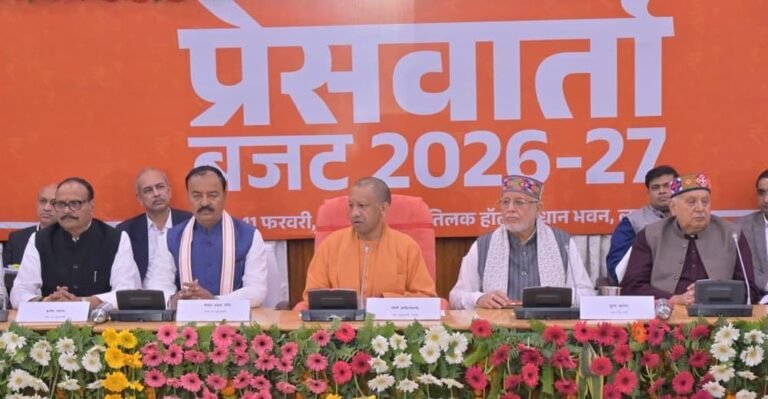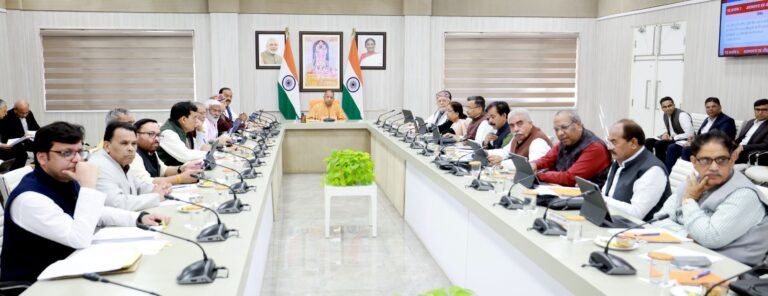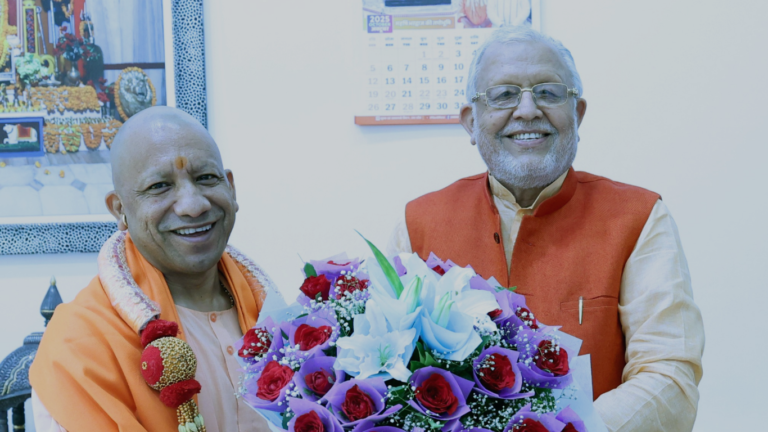
Zubeen Garg was born in Assam, a land known for its rich culture and deep love for music. From his childhood, he showed a rare gift of singing and playing instruments. Unlike many who discover their talents later in life, Zubeen had music flowing through his veins right from the start. He was not only inspired by the traditions of Assam but also explored classical, folk, and contemporary music. This broad interest shaped him into one of the most versatile artists of his time.
As a boy, he often performed at local gatherings and small stages. These were not glamorous beginnings, but they built the foundation of a career that would later touch millions of hearts. His family supported him, and he carried forward the dream of making Assamese music popular across India.
Career and Achievements
Zubeen Garg’s career was a remarkable journey that blended regional pride with national fame. His big break in Bollywood came with the soulful “Ya Ali” from Gangster in 2006. This song made him a household name and opened doors to the Hindi film industry. After that, he sang memorable tracks like “Jaane Kya Chahe Mann” (Pyaar Ke Side Effects), “Maya” (Life in a Metro), and “Dil Tu Hi Bataa” (Krrish 3). Each song carried his unique style and emotion, making them stand out even in competitive times.
But Zubeen was not just about Bollywood. His soul always remained with Assamese music. Classics like “Pakhi Pakhi Mon,” “Tumi Ahibaane,” “Mayabini Ratir Bukut,” and “Anamika” won him immense love from his home state. These songs were not just melodies; they were emotions that connected people to their roots. He also worked on independent albums and stage performances that kept him close to his fans.
Over the years, he released hundreds of songs across multiple languages, proving that music has no boundaries. His versatility allowed him to sing romantic ballads, devotional songs, and energetic numbers with equal ease.
Untimely Death and Its Impact
The most heartbreaking part of Zubeen Garg’s life story was his untimely death, which left fans and loved ones in shock. His passing at a young age created a deep void in the music and creative community. For those who knew him personally, it was not just the loss of a talented artist but also the loss of a kind-hearted human being.
His death served as a painful reminder of how unpredictable life can be. Many admirers expressed their grief on social media, sharing memories of his songs and performances. The sadness was not limited to his family and friends but also extended to fans who had been touched by his music.
Despite the tragedy, Zubeen’s legacy continues through the work he left behind. His songs and performances remain a source of comfort and inspiration. People often revisit his recordings, finding strength and hope in his voice. In this way, even though his life was cut short, his memory and influence live on in the hearts of many.
Death and the Void Left Behind
Zubeen Garg’s untimely death left an emptiness in the music world. Fans from Assam, across India, and even abroad mourned his passing. His departure was not just the loss of a singer but of a cultural icon who represented a bridge between local and global music.
The grief was heavy because his music was more than entertainment; it was comfort, hope, and identity. Songs like “Ya Ali” or “Pakhi Pakhi Mon” still echo, reminding us of the talent we lost too soon.
Legacy of Zubeen Garg
Even though he is no longer here, Zubeen Garg’s voice continues to live in his songs. His journey taught us that an artist can come from a small town and still touch the world with passion and persistence. For the people of Assam, he was more than a singer—he was a symbol of pride. For others across India, he was proof that music has no boundaries of language or region.
Young musicians still look up to him, taking inspiration from his fearless approach to blending styles and genres. His songs are played at festivals, concerts, and in everyday homes, keeping his memory alive.
Key Details of Zubeen Garg’s Life
| Aspect | Details |
|---|---|
| Full Name | Zubeen Garg |
| Known For | Playback singing, regional and Bollywood hits |
| Popular Songs | Ya Ali, Dil Tu Hi Bataa, Maya, Jaane Kya Chahe Mann, Pakhi Pakhi Mon, Tumi Ahibaane, Anamika |
| Languages Sung In | Assamese, Hindi, Bengali, and others |
| Career Highlights | Breakthrough with “Ya Ali,” contribution to Assamese music, Bollywood success |
| Death | Untimely, mourned across India |
| Legacy | Remembered as one of Assam’s greatest cultural icons |
FAQs
Q1. What was Zubeen Garg most famous for?
He was best known for his Bollywood hit “Ya Ali” and his extensive contribution to Assamese music.
Q2. Did Zubeen Garg only sing in Hindi and Assamese?
No, he sang in multiple languages including Bengali and others, showing his versatility.
Q3. Which Assamese songs of Zubeen Garg are most loved?
Songs like “Pakhi Pakhi Mon,” “Tumi Ahibaane,” and “Anamika” are fan favorites.
Q4. Why is Zubeen Garg considered a cultural icon?
Because he represented Assamese culture on national platforms while balancing a successful Bollywood career.



